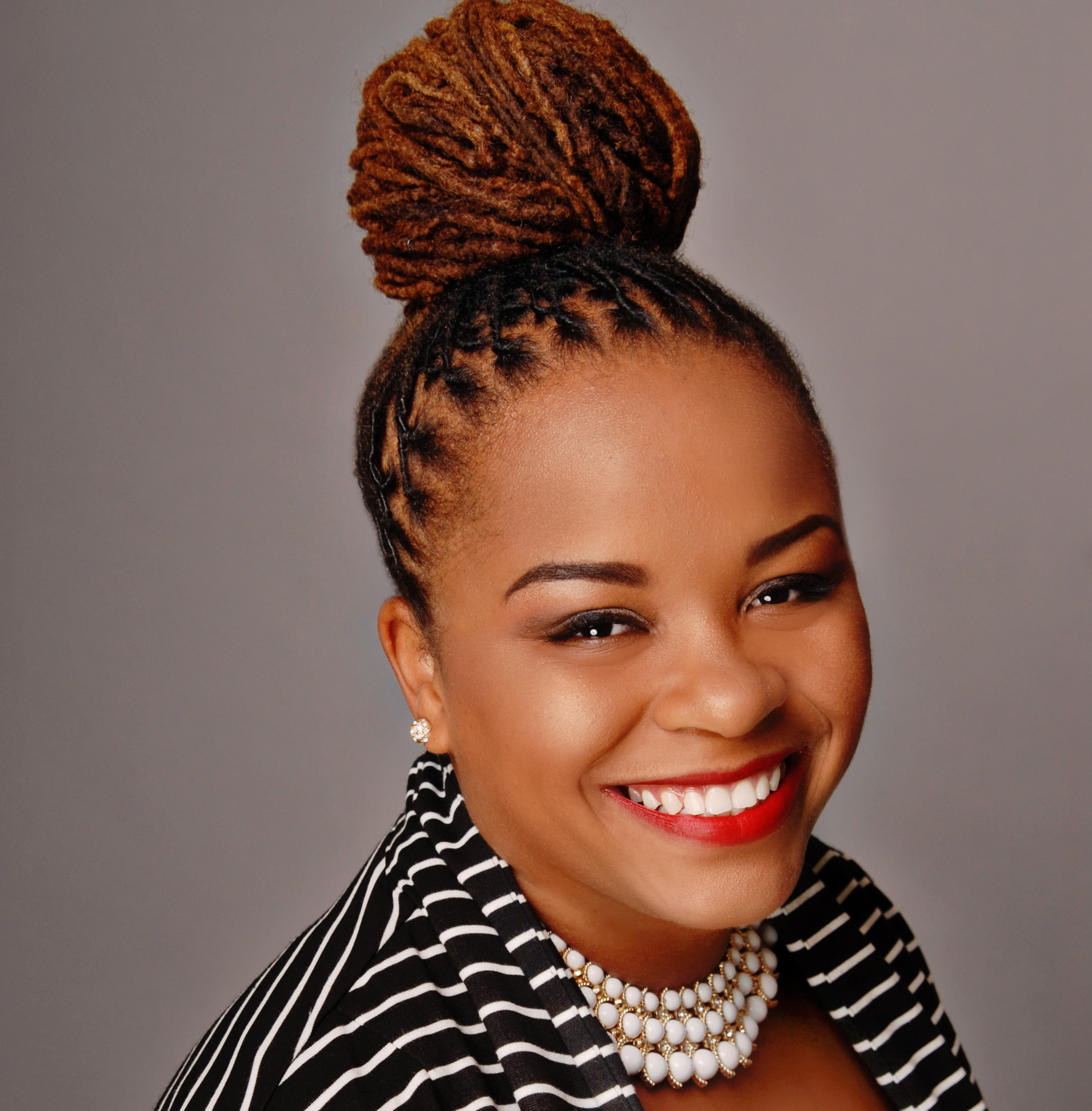– The following Op-Ed appeared in the March 7, 2012 issue of HBCU Digest –
One hundred and forty five years ago, just after the dawning of freedom, ten members of the First Congregational Society of Washington met to consider the establishment of a black theological school. Quickly expanding to include a university plan, Howard University was established in Washington, D.C., by a charter of the U.S. Congress on March 2, 1867 as “a university for the education of youth in the liberal arts and sciences.”
The university’s founding was aided, in no small measure, to the Radical Republicans–a loosely organized group of “radical” members of the Republican Party–who, between 1854 and 1877, strongly opposed slavery, vehemently distrusted ex-Confederates, and worked tirelessly for the passage of the Reconstruction Acts.
Still, most of the university’s early financial support, while controversial, was provided by the Freedmen’s Bureau. Organized by the War Department in 1865, the bureau was designed to guide the transition of newly freed slaves from slavery to freedom. Initially intended to last just one year, its wide-ranging services included conducting military courts, negotiating contracts, providing emergency food, clothing, shelter, and establishing freedmen’s schools by the time it closed in 1872.

It is no coincidence then that the bureau’s commissioner and principal founder Oliver Otis Howard were one in the same. Known as the “Christian General” because of his deep sense of religious piety, Union Army Major General O. O. Howard claimed his name had been chosen for the school despite his protest.
As one of a handful of founders, Howard was present at the initial organizing meeting and was a part of the initial board of trustees that selected the university’s earliest presidents. Not only was Howard one half of the two-man team tasked with securing a permanent location for the university, he was also given the responsibility of constructing its buildings. Howard committed bureau funds towards this end, a somewhat liberal interpretation of the bureau’s mission to aid the freedmen since the university’s charter made no mention of them.
The university and Howard had been beset with controversy over the quality of building block used in the construction of several buildings including Miner Hall, the medical school and the unfinished hospital, whose east and west walls collapsed in December 1868. Howard, who had been influential in the block company’s founding, rushed to vehemently defend himself. The series of investigations which followed in its wake but none could not prove negligence.
The affair, however, put a strain on Howard’s relationship with the university and bureau officials. He left Washington soon after, and had planned to resign from the Freedmen’s Bureau by the spring of 1869. In a surprising development, the university’s second president Dr. Byron Sunderland resigned, and the board of trustees chose Howard to replace him.
Given his involvement in the university from its founding, his influence as bureau commissioner and the respect he wielded as a Civil War hero, Howard was a strategic choice for the university’s third president. Given his willingness to assume the university’s helm for a salary of just $1 per annum, Howard was also the most economical choice for president.
Despite the symbolic-only nature of his salary, and the fact that he was also still responsible for carrying out his duties with the bureau, Howard’s presidency was characterized by the creation of institutional character, increase in academic programs, and fiscal stability. During his nearly five-year headship, Howard raised funds for operating expenses and an endowment, added to the university’s physical plant, and wrestled it from the limits of sectarianism. As a proponent of the university’s high academic standards, Howard was also instrumental in the establishment of the theology, music and commercial departments. He was also actively involved in shaping campus life including initiating a military-like regime among students and actively supporting the religious life of the campus by leading chapel services every Friday.
Howard resigned in 1873 because he anticipated being assigned to an active army command post. The university’s board, however, was reticent to accept his resignation. Not only had Howard served as the university’s principal founder, he had provided much needed leadership to the fledgling school during a very difficult period in its early history. Howard served as an active trustee until just three years before his death in 1909, further demonstrating that the university remained close to Howard’s heart throughout the remainder of his life.
This and every year, the Howard University family remembers its extraordinary foreparents, not the least of who was Howard University founder-and-trustee-turned-president General Howard.














[…] response to a charter approved by the 39th United States Congress to incorporate Howard University, General O.O. Howard with sixteen others moved forward with the charge of developing the schools departments including […]